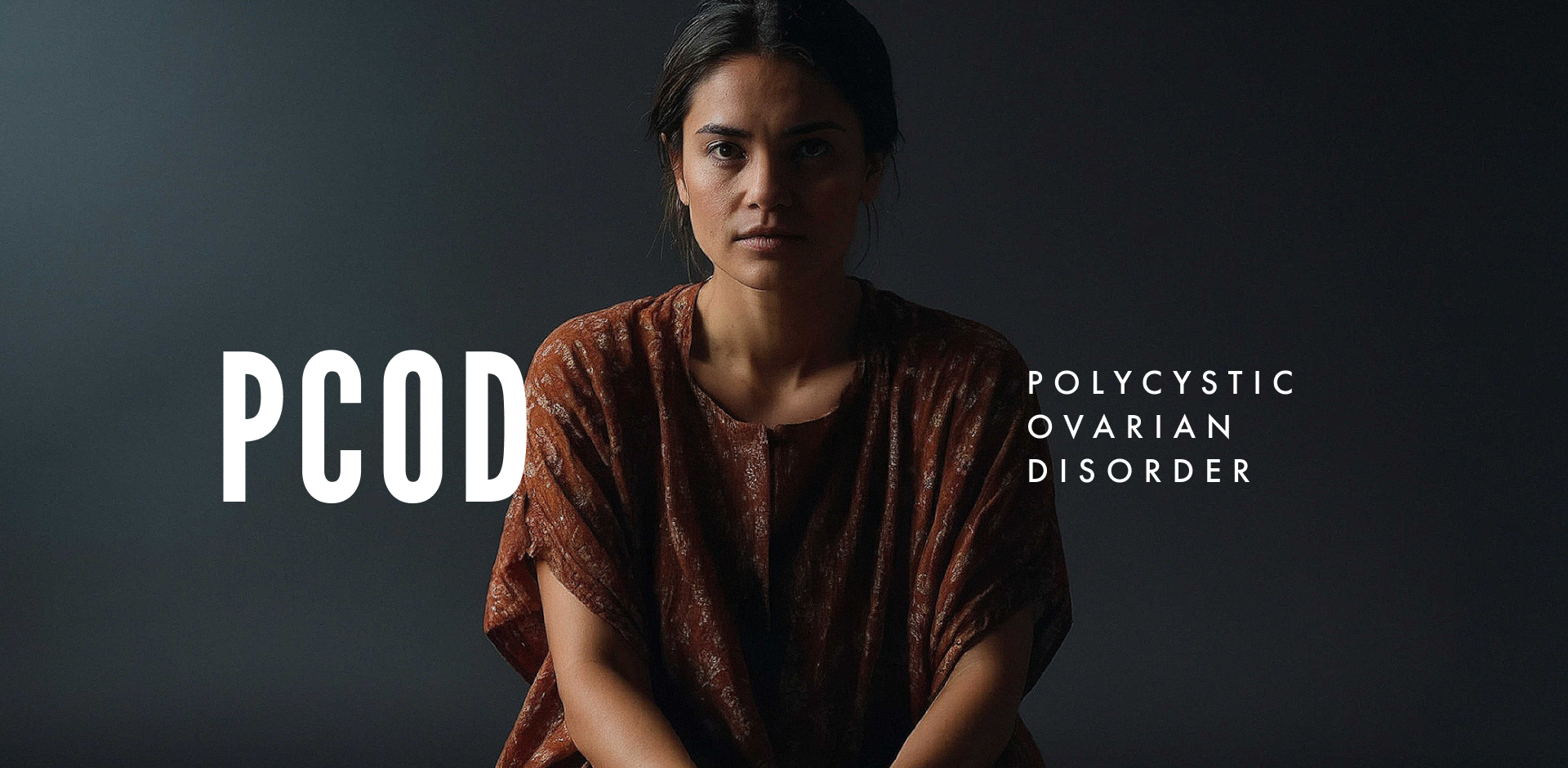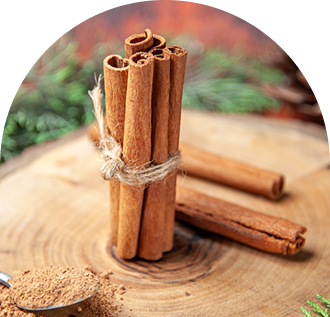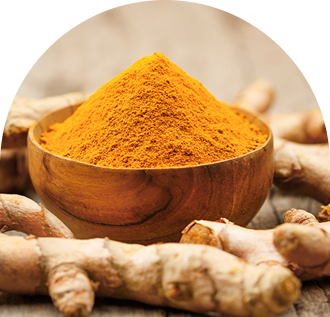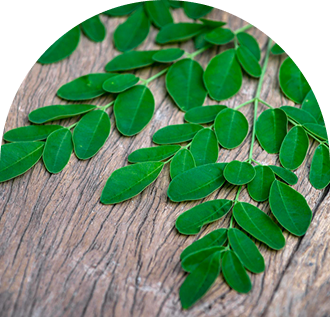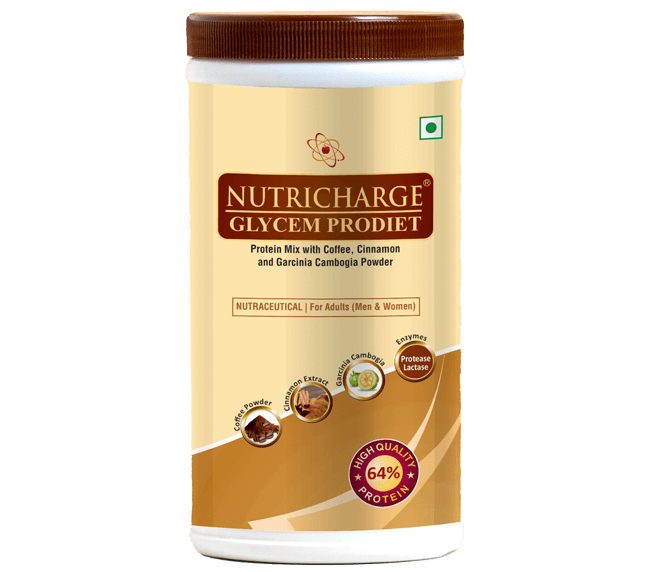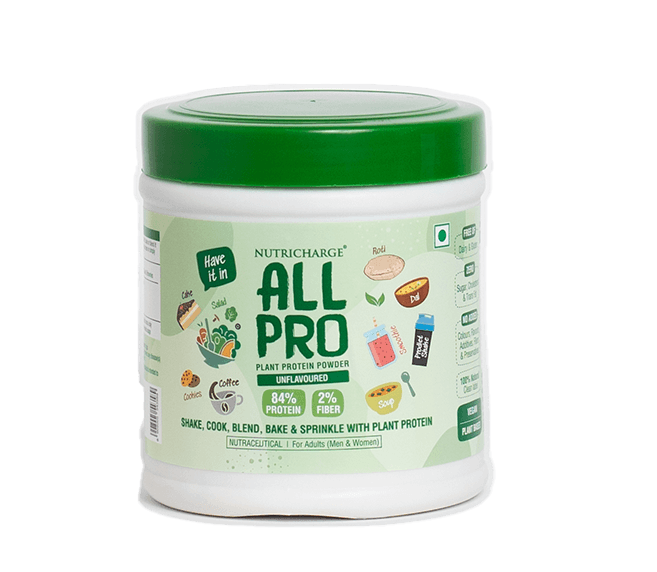What is PCOD?
- PCOD means Polycystic Ovarian Disorder. “Poly” means “multiple”. This disorder is characterized by multiple cysts in the ovaries. It is a disorder that affects women of reproductive age.
- Every month, in women, the ovary releases a mature egg so that it can fertilize. When it does not fertilize, it is excreted from the body as Period.
- When the ovary does not make enough hormones for fertilization, then small cysts develop in the ovaries. This condition is called PCOS. In this condition, the ovaries produce abnormal amount of male sex hormones. In more than 50% girls and women, PCOD goes undiagnosed.
Risks associated with PCOD
Risks associated with PCOD
- PCOD is a leading cause of infertility. It makes it difficult for women to conceive.
- Women with PCOD are twice as likely to have heart disease, diabetes, mental health conditions, reproductive disorders and cancer of uterine lining.
- Women with PCOD have a more than 50% risk of getting Type 2 diabetes or prediabetes before age of 40.
- Women with PCOD may also have unfavourable lipid patterns (usually high triglycerides) and a low bone density.
Common Symptoms of PCOD
Common Symptoms of PCOD
- Irregular periods or absence of periods. Women with PCOS may not get their periods for two to three months altogether or they may not get it without medication.
- Scanty periods: Periods may be regular or irregular with reduced flow of blood.
- Irregular Period: Irregularity for more than 2 years after the onset of menstruation.
- Weight gain and inability to lose weight despite exercise and diet.
- Excessive hair growth especially on face, back, chest, chin and inner thighs.
- Hair fall especially male pattern baldness, losing scalp hair and thinning of hair.
- Acne on face and back due to increased male hormones.
- Fertility problems: many women discover they have PCOS when they are planning to conceive but are unable to do so. In PCOS there is no ovulation or there is delayed ovulation so women don't conceive and find it difficult to become pregnant.
- Mood swings, anxiety and depression.
- Dark or thick skin patches on the back of the neck, in the armpits and under the breasts
- Husky voice
- Disturbed sleep and snoring
- Some girls and women experience milky discharge from their breasts
Causes of PCOD
Causes of PCOD
- Genetic: If your mother has been a Diabetic or pre-Diabetic or obese, you are more likely to PCOD.
- Lack of good quality sleep: This is one of the main reasons of PCOD.
- Obesity: Increased weight, especially around abdomen.
- Sedentary lifestyle: This leads to weight gain and, makes it difficult to lose weight.
- Unhealthy diet
- Poor nutrition: A diet, rich in harmful ingredients and devoid of beneficial nutrients, causes damage to the reproductive system.
- Stress: It leads to production of more cortisol by the adrenal glands.
- Insulin resistance: When the cells are full of fat, they are unable to uptake glucose from the blood. This forces the pancreas to produce more and more insulin. As the level of insulin increases in the body, it forces the ovary to become bulkier and produce more hormones. These hormones are mostly the male pattern hormones.
- Presence of chemical pollutants in our daily life: Use of plastic, aluminum for packing food, room fresheners, floor cleaners, talcum powders, cosmetics, chemical laden body wash and shampoos, etc.
- Constant low grade inflammation in the body over a long period of time.
- Hormonal imbalance: The pituitary gland secrets excess of male hormones, which in turn, leads to irregular periods, acne and excessive hair growth in various parts of the body.
- Thyroid hormone abnormalities can lead to irregular Period.
- Use of birth control pills: Certain birth control pills shut down normal ovary function and sometimes, it does not recover even when the pills are stopped.
- Medication: Certain medicines impair the functioning of our brain which may affect the menstrual cycle.
Can lean women have PCOD?
Can lean women have PCOD?
Yes, lean women can have PCOD if:
- They have more fat and less muscles (abnormal muscle-fat ratio)
- They have more fat around their stomach and have more visceral fat
- They have high levels of stress
- They have wrong dietary choices
- They have Vitamin D deficiency
- They have gut inflammation
- Their mother or sister or maternal grandmother had Diabetes or Heart problem
How do I know that I have PCOD?
How do I know that I have PCOD
- Ultrasound - Doctor will look at the size of your ovaries and see if they have cysts. She will also check the thickness of the lining of your uterus.
- Blood test:
a. Will check for high level of male hormones
b. Will check for blood glucose, cholesterol and triglycerides. If all three are high, there is a high chance of PCOD
- Uric acid test - If the level of uric acid is more than 5.5mg/dL, there is a high risk of PCOD
- Ideal waist circumference in Indian women:
Should be less than 80 cms (32 inches) Waist to hip ratio should be less than 0.86. This means that hip should be around 93 cms (37 inches). Waist to height ratio should be less than 0.5. This means that your waist should be less than half of your height.
- One in five Indian women suffer from PCOD*
Nutrients helpful during Menopause PCOD
Vitamin B12
It helps in reducing insulin resistance which is often observed in women with PCOD.
Inositols
Improves insulin resistance; controls blood sugar; improves ovulation and increases fertility; decreases testosterone; helps in hirsutism
Iron
Helps keep anemia at bay.
Zinc
Helps in immunity and fertility; decreases cholesterol level; improves hirsutism; improves insulin resistance and aids in weight loss
Chromium
Decreases BMI; reduces free androgen levels; reduces insulin levels
Vitamin D
85% of PCOD patients have Vitamin D deficiency. It is not present in food and hence, we have to rely on external supplementation.
B Vitamins including Vitamin B6, B12 and Folate
Most of the PCOD medicines cause a deficiency of Vitamin B12. Supplementation of Vitamin B12 decreases the homocysteine levels which improves the reproductive function.
Probiotics
It improves the gut health.
Omega-3
They are anti-inflammatory and known to reduce insulin levels. They decrease the cholesterol levels. They also reduce the leptin levels.
Evening Primrose oil
Reduces Period pain and helps with ovulation disorders.
Plant based soy
Isoflavones in soy protein may increase the chances of getting pregnant.*


